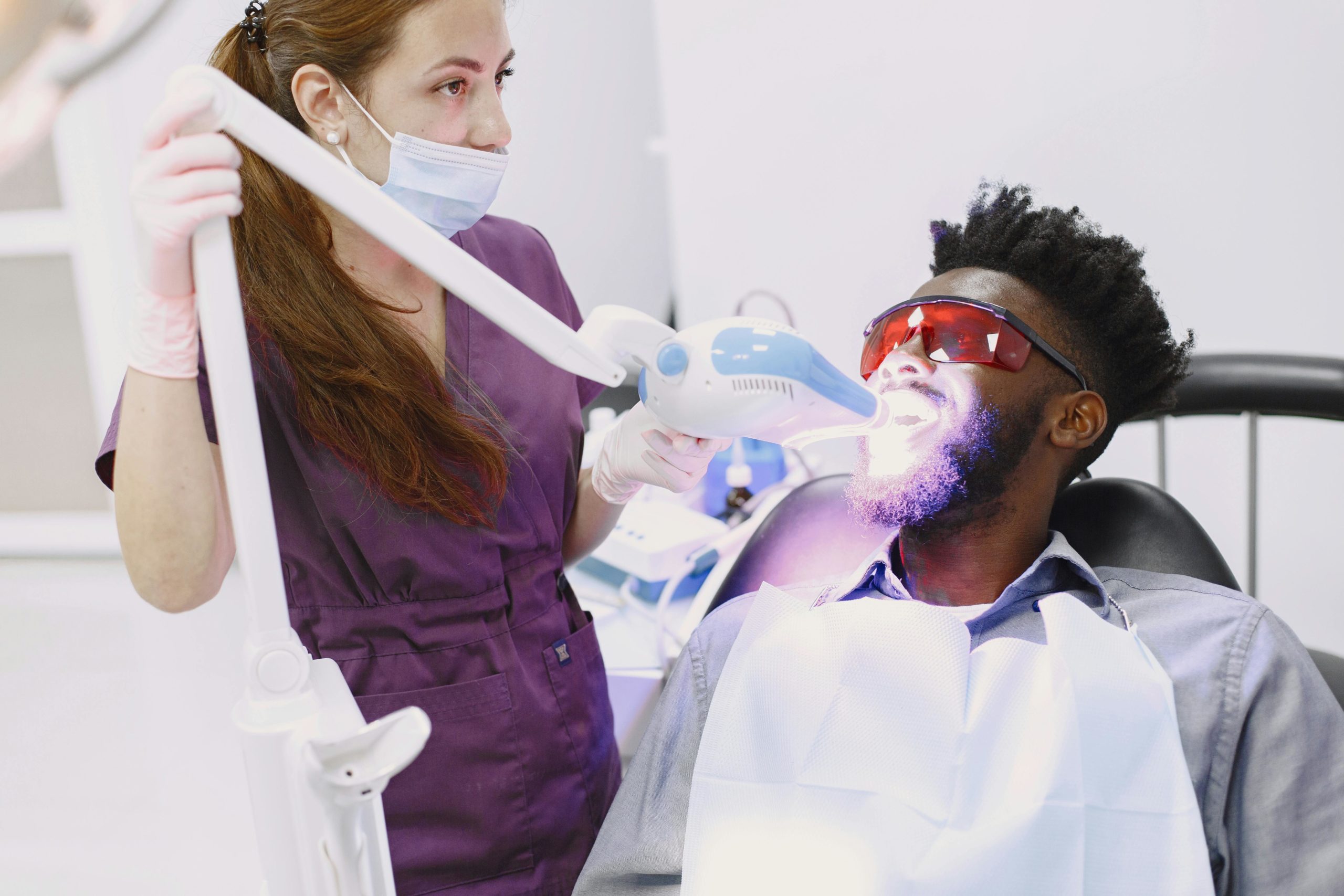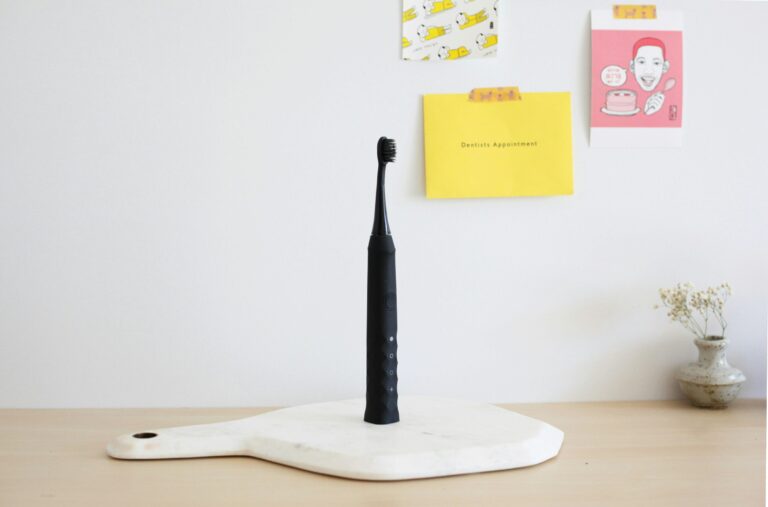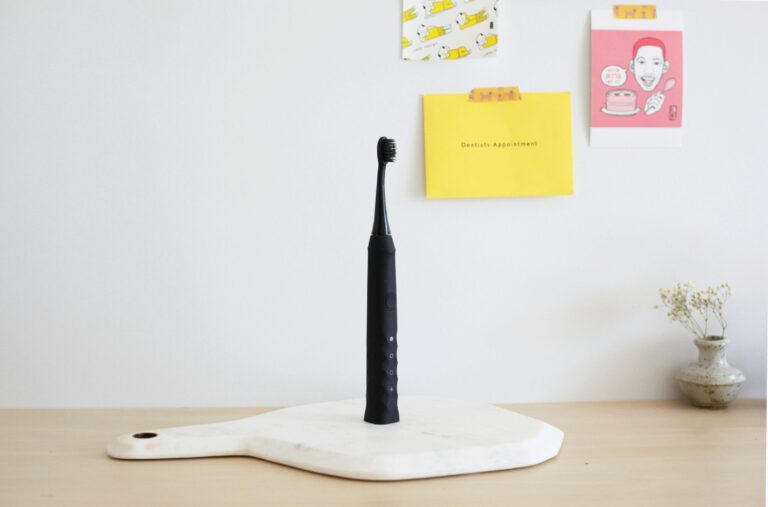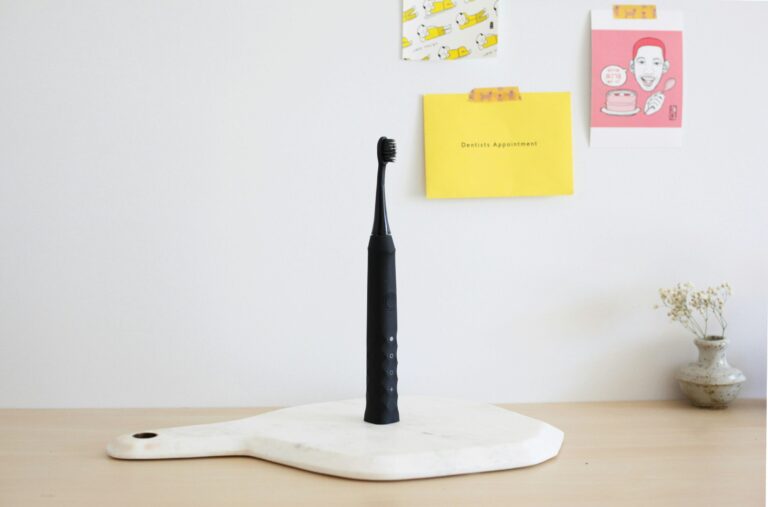Maintaining good oral health is vital for overall well-being, yet many people overlook the importance of regular dental check-ups. While brushing and flossing at home are essential components of a healthy oral hygiene routine, they are not sufficient on their own. Regular dental check-ups play a crucial role in preventing dental problems, detecting issues early, and maintaining a healthy smile for life.
In this comprehensive guide, we’ll explore the importance of regular dental check-ups and why they should be an integral part of your healthcare routine. From professional cleanings to oral cancer screenings and early detection of dental issues, routine dental exams offer numerous benefits that extend far beyond a sparkling smile.
Benefits of Regular Dental Check-Ups
1. Prevents Dental Problems
One of the primary reasons for scheduling regular dental check-ups is to prevent dental problems before they occur. During a routine dental exam, your dentist will thoroughly examine your teeth, gums, and mouth for signs of decay, cavities, gum disease, and other oral health issues.
By identifying potential problems early, your dentist can recommend appropriate interventions to prevent them from progressing into more serious conditions. This proactive approach can save you time, money, and discomfort in the long run.
2. Professional Cleaning
Regular dental check-ups typically include a professional cleaning performed by a dental hygienist. Professional cleanings are essential for removing plaque and tartar buildup from the surfaces of your teeth and along the gumline. Even with diligent brushing and flossing at home, it’s nearly impossible to remove all traces of plaque on your own.
Over time, plaque can harden into tartar, which can only be removed with specialized dental tools. Professional cleanings help to keep your teeth and gums healthy, reducing your risk of cavities, gum disease, and bad breath.
3. Oral Cancer Screening
Another crucial aspect of regular dental check-ups is oral cancer screening. Oral cancer is a serious and potentially life-threatening condition that affects thousands of people each year. During a routine dental exam, your dentist will examine your mouth, tongue, throat, and surrounding tissues for any signs of abnormalities or suspicious lesions.
Early detection of oral cancer is key to successful treatment, making regular dental check-ups a vital component of oral cancer prevention and early intervention.
4. Early Detection of Dental Issues
In addition to preventing dental problems, regular dental check-ups also enable early detection of existing issues. Many dental conditions, such as cavities, gum disease, and oral infections, may not cause noticeable symptoms in their early stages. However, a trained dentist can spot subtle signs of trouble that may go unnoticed by the untrained eye.
By catching dental issues early, your dentist can recommend appropriate treatment to address them before they worsen, potentially saving you from more extensive and costly procedures down the road.
5. Personalized Oral Health Advice
Regular dental check-ups provide an opportunity to receive personalized oral health advice tailored to your individual needs. Your dentist can offer guidance on proper brushing and flossing techniques, recommend oral hygiene products suited to your specific concerns, and provide tips for maintaining a healthy smile between visits.
Additionally, if you have any questions or concerns about your oral health, a dental check-up is the perfect time to discuss them with your dentist and seek expert advice.
Conclusion
Regular dental check-ups are essential for maintaining optimal oral health and preventing dental problems. From preventing tooth decay and gum disease to detecting oral cancer and providing personalized oral health advice, routine dental exams offer a wide range of benefits that contribute to a healthy smile for life. By scheduling regular check-ups with your dentist, you can take proactive steps to protect your oral health and enjoy the confidence of knowing that your smile is in good hands.
Frequently Asked Questions (FAQs)
1. How often should I schedule dental check-ups?
The frequency of dental check-ups depends on your individual oral health needs and risk factors. In general, most people should visit the dentist for a check-up and professional cleaning every six months. However, if you have a history of dental issues or are at higher risk for oral health problems, your dentist may recommend more frequent visits.
2. Are dental check-ups covered by insurance?
Many dental insurance plans cover routine dental check-ups as part of preventive care. However, coverage may vary depending on your specific plan and provider. It’s essential to check with your insurance company to understand what services are covered and any associated out-of-pocket costs.
3. What can I expect during a dental check-up?
During a dental check-up, your dentist will examine your teeth, gums, and mouth for signs of decay, cavities, gum disease, and other oral health issues. You may also receive a professional cleaning to remove plaque and tartar buildup. Additionally, your dentist may perform an oral cancer screening and provide personalized oral health advice based on your individual needs.
4. What should I do if I experience dental pain or discomfort between check-ups?
If you experience dental pain or discomfort between check-ups, it’s essential to contact your dentist as soon as possible. Ignoring dental issues can lead to worsening symptoms and complications down the road. Your dentist can evaluate your symptoms, diagnose any underlying problems, and recommend appropriate treatment to address your concerns.
5. How can I maintain good oral health between dental check-ups?
In addition to scheduling regular dental check-ups, maintaining good oral hygiene habits at home is crucial for optimal oral health. Brush your teeth twice a day with fluoride toothpaste, floss daily to remove plaque and food debris from between your teeth, and rinse with an antimicrobial mouthwash. Limit sugary and acidic foods and beverages, and avoid tobacco products, which can increase your risk of dental problems.



